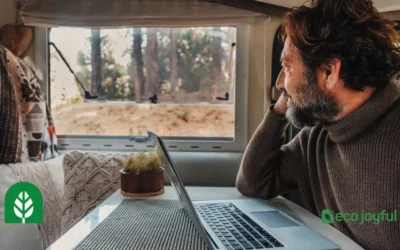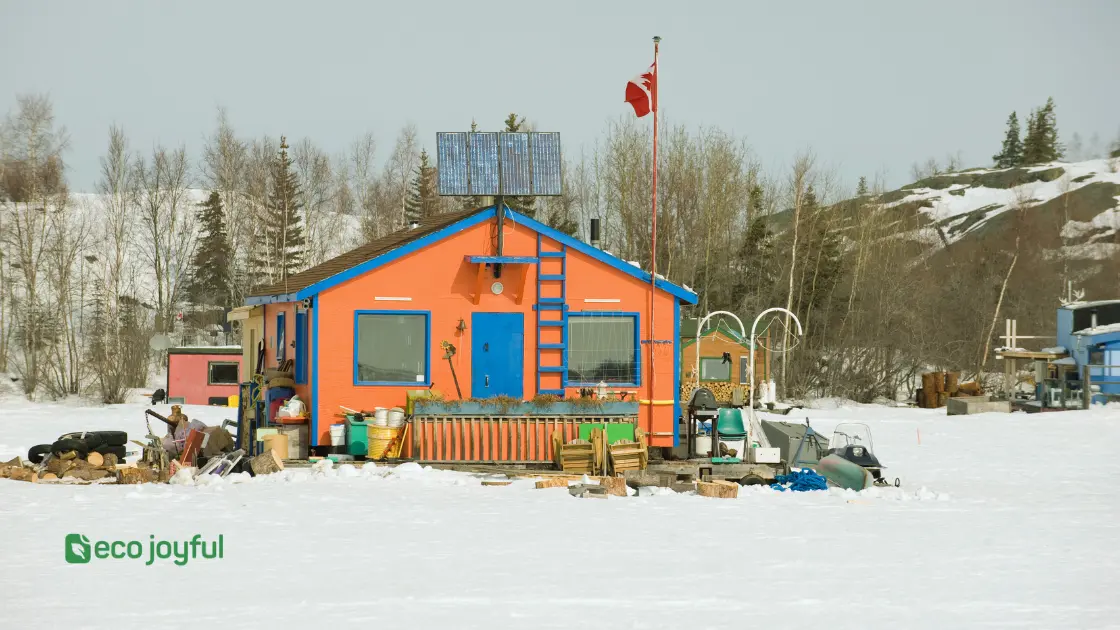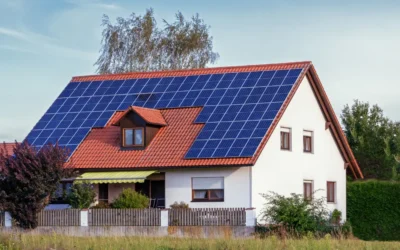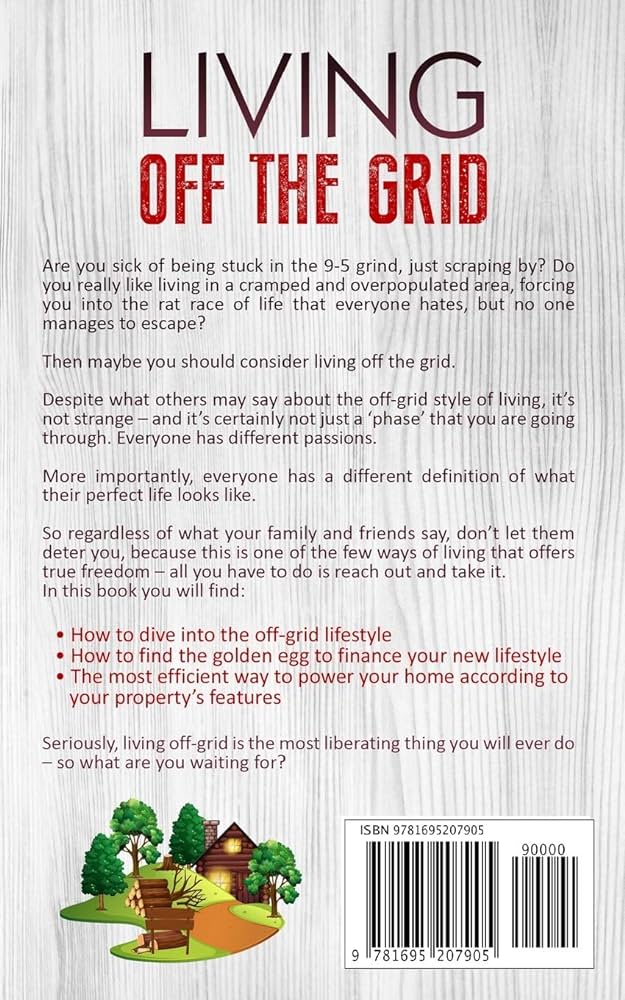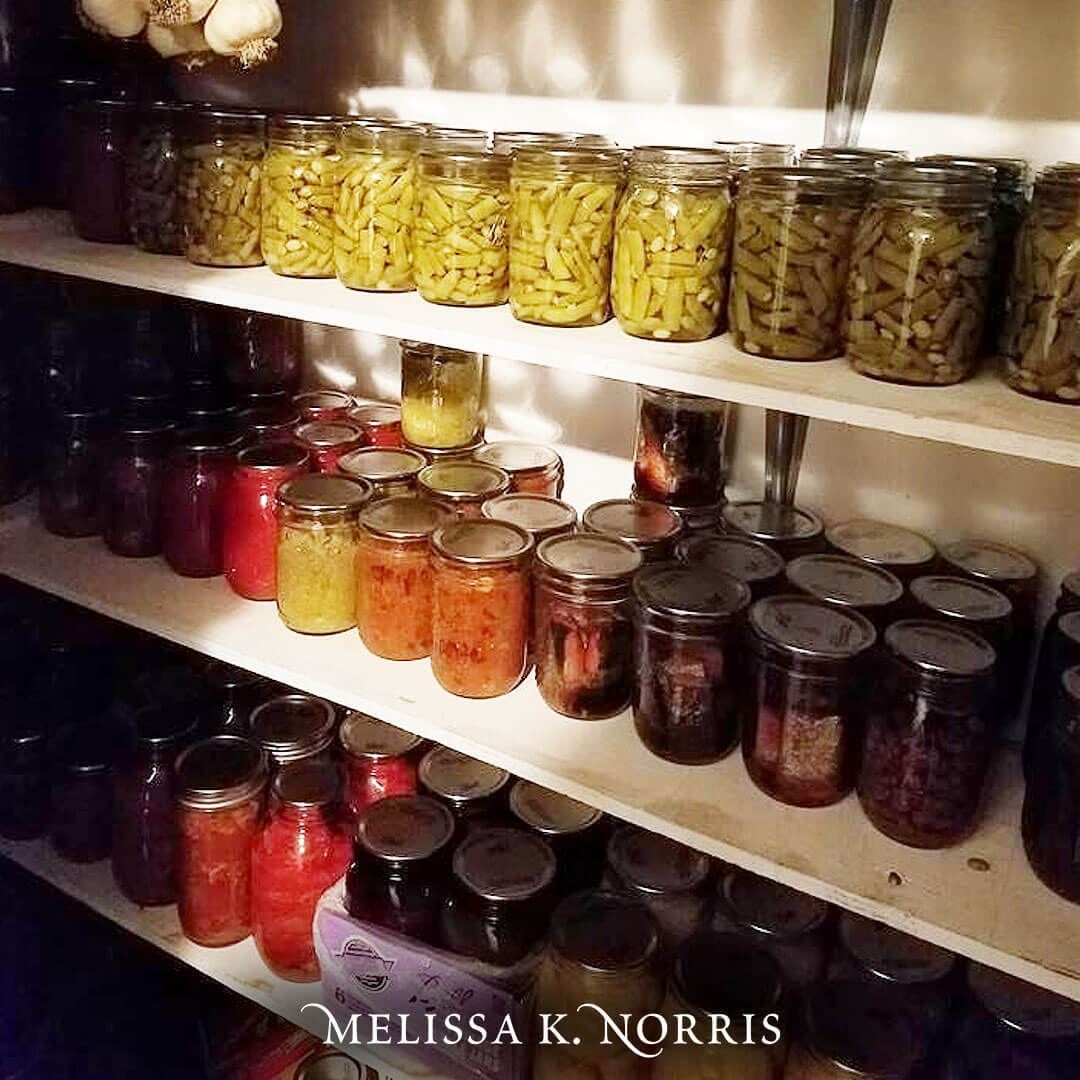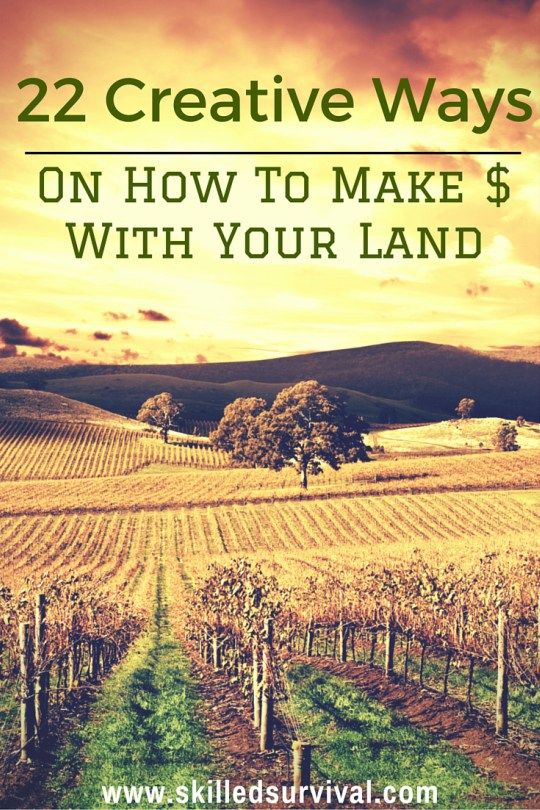Things You Must Know Before Going Off Grid consider the availability of water, power source, location, sustainability, and legal requirements. Going off the grid refers to living with self-sufficiency without relying on public utilities and services.
It may offer independence, but it comes with challenges and responsibilities. Living off the grid requires investing in sustainable systems and strategies that ensure access to energy, water, and food. The location plays a crucial role, as access to natural resources and weather conditions need to be considered.
Legal considerations like permits and building codes should also not be overlooked. We will explore the five things you must know before going off-grid, so you can assess if it is the right choice for you.

Credit: shop.avrame.com
Table of Contents
Location
Location: One of the crucial factors you need to consider before going off-grid is choosing the right location. How you choose a location could determine how successful your off-grid lifestyle turns out. Picking a suitable location requires careful consideration, research, and planning. Here are some H3 headings to keep in mind:
Climate
The climate of your desired location needs to be taken into account before making the decision to go off-grid. Knowing the climatic condition of the area will help you plan for the kind of weather you’ll be living with and how to prepare for it. Make sure to study the patterns of rainfall, temperature, and wind in the area. It is important to ensure that the climate conditions in the location matches your living requirements.
Access To Resources
When it comes to living off-grid, access to resources such as water, food, and power is vital. Before you select your off-grid location, make sure there’s access to reliable sources of these resources. A detailed study of the resources available in the area may assist you in determining the resources you can get from your environment.
Land Ownership
Research the ownership status of the land you’d like to live on. Check the local laws and regulations that restrict land use and development, and consider the implications on your off-grid lifestyle. Verify you have legal ownership of the land to avoid any problems with property laws in the future.
These are fundamental factors you need to keep in mind when selecting a location for your off-grid living. Each H3 heading will help you narrow down your location choices and make the necessary preparations for the kind of lifestyle you want to have.
Alternative Energy Sources
Before going off-grid, it’s important to understand the alternative energy sources available, such as solar panels, wind turbines, and hydroelectric generators. Understanding the pros and cons of each, as well as calculating the amount of power needed, can help make the transition successful.
Solar Power
If you’re planning to go off-grid, you must consider solar power as a source of energy. The sun is a powerful source of energy that can be harnessed in many ways. Installing solar panels on your property can provide a reliable source of electricity, even on cloudy days. Solar panels can be expensive to install, but they can provide a return on investment in the long term.
Wind Energy
Wind energy is another alternative energy source that you should consider when going off the grid. Wind turbines can generate electricity that can power your home. However, wind turbines require strong, consistent winds to generate significant amounts of electricity. If you live in a windy area, you may want to consider installing a wind turbine.
Hydroelectricity
If your property has a stream or river, you can use hydroelectricity to generate power. Hydroelectricity uses moving water to create energy that can turn a turbine and generate electricity. This source of energy can be very reliable, but you need to make sure that your system can handle the volume of water that flows through your property.
Battery Storage
One of the challenges of relying on alternative energy sources is storing that energy for when you need it. Battery storage systems can help you store energy that you generate during peak periods for use when your energy demand is higher. These systems can be expensive, but they can be a valuable investment for off-grid living.
Generator Backup
Even with alternative energy sources, it’s important to have a backup power source. Generator backup can provide electricity when your alternative energy sources aren’t providing enough power. You should consider the fuel source for your generator, as some fuels may be more expensive or harder to acquire than others.
In conclusion, when planning to go off-grid, it’s essential to consider alternative energy sources to power your home. Solar power, wind energy, and hydroelectricity are a few of the sources you may want to explore. Battery storage and generator backups can help ensure that you have power when you need it.
Water And Food Self-sufficiency
Living off the grid means being self-reliant, and that includes having a consistent supply of food and clean water. In this section, we will review two essential aspects- water collection and purification and gardening and hunting.
Water Collection And Purification
- Make sure you have access to a suitable source of water, such as a river or well. Check the water quality before consuming it.
- Invest in a reliable water filtration system that can remove impurities such as bacteria, viruses, and heavy metals.
- Collect rainwater in barrels or tanks as a backup water supply.
- Boil water for at least five minutes to kill any impurities that might cause illness.
- Learn how to purify water using natural methods such as filtering through sand or rocks.
Gardening And Hunting
- Start a vegetable garden to sustain your food supply. Consider seasonal fruits, vegetables, and herbs that are suitable for the local climate.
- Grow crops that are easy to store, such as potatoes, carrots, and onions.
- Learn about companion planting to maximize yield and reduce pests and diseases.
- Practice sustainable hunting and fishing to supplement your food supply. Know the local laws and regulations before engaging in these activities.
- Consider preserving food using methods such as canning, dehydrating, and smoking.
By implementing these tips, you can ensure a reliable food and water supply, making it easier to live off the grid. Remember, being self-reliant requires preparation and knowledge, and taking the necessary steps can make the transition smoother.
Building And Maintenance
Before taking the plunge into off-grid living, it’s important to understand the challenges and responsibilities that come with it. From sourcing energy to dealing with waste, make sure you have a solid plan in place before embarking on this lifestyle change.
Building and maintaining an off-grid home can be a challenging yet rewarding experience. However, to ensure your self-sufficient journey is successful, it is crucial to understand the necessary steps so that you can avoid common pitfalls. In this article, we will discuss the critical aspects of building and maintaining an off-grid home or cabin. In particular, our focus will be on choosing the right materials, tools, and equipment, as well as maintaining and repairing your building.
Choosing The Right Materials
No matter whether you are building from scratch or renovating an existing structure, selecting suitable materials is critical. Consideration of the climate, soil type, and availability of resources should inform your choices. For instance, if you are in an area with high winds and heavy rain, it might be appropriate to opt for materials that are wind and water-resistant such as metal or concrete. Similarly, if you live in a colder climate, it is essential to use materials that provide adequate insulation to prevent heat loss and retain warmth.
Tools And Equipment
Having the right tools and equipment is essential to a successful off-grid project. Basic hand tools, power tools, and heavy machinery may be necessary, so it is vital to plan and budget accordingly. Before starting the building, ensure that you have all the necessary permits, licenses, and safety gear. Taking these precautions will not only guarantee the safety of your workforce but also aid in avoiding legal complications later on.
Maintenance And Repair
Even with the best materials and tools, damage and wear are inevitable. Regular maintenance and repair should be a part of your off-grid home’s life. You should create and follow a maintenance schedule, which includes checking for leaks, inspecting the roof for damage, and cleaning out gutters and chimneys. In addition to these, basic plumbing, electrical and gas systems should be regularly maintained. Minor repairs should be done promptly, so you do not end up with expensive and time-consuming repairs later on.
Conclusion
Building and maintaining an off-grid home is a significant investment of time, effort, and resources. However, when done right, it can provide you with an unparalleled sense of independence and connection to nature. Choosing the appropriate materials, tools, and equipment, and maintaining and repairing your building can ensure your off-grid adventure is a success. Whatever your approach, remember that slow and steady progress is better than rushing and making avoidable mistakes.
Safety And Security
Staying safe and secure is crucial when going off-grid. Before disconnecting from modern amenities, ensure you have a reliable food and water source, appropriate shelter, ample supplies, emergency communication methods, and the skills to protect yourself and your property.
Living off-grid can be a rewarding and fulfilling lifestyle. However, it’s crucial to prioritize safety and security before making the leap. Going off-grid means relying on yourself for essentials like food, water, and energy. It’s essential to be prepared for any emergency and secure your home against potential threats. Here are five things you must know about safety and security before going off-grid:
Emergency Preparedness
Living off-grid means that you’re responsible for your own safety and well-being. In an emergency, you won’t have access to a phone or emergency services. Being prepared is key. Here are some tips:
- Keep a fully stocked first-aid kit on hand.
- Have a plan in place for natural disasters like wildfires, earthquakes, and hurricanes.
- Create a communication plan with family members in case of an emergency.
- Learn basic survival skills such as starting a fire and purifying water.
Fire Prevention
Fire can be catastrophic when living off-grid. It can wipe out homes and destroy wildlife in seconds. That’s why fire prevention should be a top priority. Here are some tips to prevent fires:
- Use a fire extinguisher in your home and workshop at all times.
- Clear your property of any dry brush, leaves, and debris that can easily catch fire.
- Keep your home and surrounding area well-maintained and free from flammable objects.
- Invest in a smoke detector and carbon monoxide detector to alert you in case of a fire.
Protection Against Intruders
Living off-grid can attract criminals looking to prey on vulnerable homeowners. That’s why it’s crucial to protect your property against intruders. Here are some tips:
- Install motion-activated lighting around your home and property to deter intruders.
- Invest in a security system that can alert you in case of intruders.
- Keep your home and outbuildings locked when you’re away.
- Install security cameras around your property to keep an eye on suspicious activity.
By taking these precautions, you can enjoy your off-grid lifestyle without fear of burglary or theft.
Remember to prioritize safety and security before going off-grid. Investing in these measures will ensure you have an enjoyable and secure off-grid experience.

Credit: www.pinterest.com
Costs And Budgeting
Before going off-grid, it is essential to know about cost and budgeting. This involves having a clear understanding of the expenses involved, including purchasing and installing equipment, maintenance costs, and ongoing costs associated with living off-grid. Proper budget planning is crucial for a successful off-grid experience.
When it comes to living off the grid, one of the most critical factors to consider is your budget. Many people dream of going off-grid, but they don’t realize the financial implications. Going off the grid can be expensive, and it’s crucial to understand all the expenses involved before making the jump.
Initial Costs
Before going off the grid, you’ll need to invest in equipment. The initial cost of transitioning to an off-grid lifestyle can be quite high. You might need to buy a piece of land where you plan to live, and then you’ll need to consider the cost of building a shelter. Additionally, you may need to install alternative power sources such as solar panels or wind turbines, which can be expensive. The total amount you’ll spend on initial costs will depend on the location, the climate, and how self-sufficient you want to be.
Long-term Expenses
Once you move off-grid, some ongoing expenses need to be considered. For example, maintenance costs can be significant if you’re relying on a solar panel or hydro-electric system. Additionally, if you’re entirely reliant on rainwater or a well, you’ll need to maintain a filtration system. Besides, living off the grid often requires being prepared for emergencies, which means keeping enough food, water, and medical supplies on hand to last for several months.
Budgeting Tips
Living off the grid can be a fulfilling and sustainable lifestyle, but it requires careful budgeting. Here are some tips to help you stay on track financially:
- Track all your expenses to identify where you can save money.
- Invest in high-quality, long-lasting equipment to avoid costly replacements.
- Choose energy-efficient appliances to reduce your power consumption.
- Minimize waste and reuse and recycle items as much as possible to keep expenses low.
- Plan for emergencies by keeping extra supplies and some cash on hand.
Conclusion
Going off the grid needs proper planning and budgeting. You need to make sure that you can afford the initial investment and ongoing costs before you make the shift. Keep track of your expenses, invest in efficient equipment, and plan for emergencies to ensure that your off-grid lifestyle is sustainable and fulfilling.

Credit: www.amazon.com
Conclusion
Going off-grid can be an incredibly rewarding experience, but it’s important to be properly prepared and informed. By following these five guidelines, you can ensure a smoother transition and increase your chances of success. Remember to research, plan ahead, and invest in quality equipment.
Most importantly, stay flexible and adaptable. Whether you’re looking for a simpler way of life, or trying to reduce your environmental impact, going off-grid can be a fulfilling and sustainable choice.


